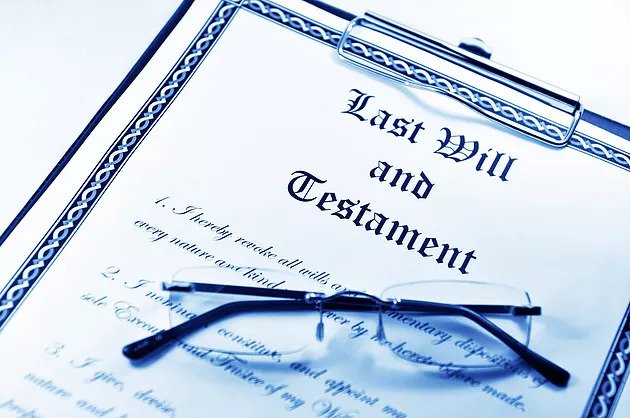
A lot of us know that it’s important to include estate planning into our financial planning but it’s easy to procrastinate, especially if we don’t understand the risks involved if we don’t have estate planning in place.
However, estate planning doesn’t have to be difficult and we’re ready to help you get started. In this three-part series, we’ll tell you how to prepare for estate planning one document at a time.
Last Will, Testament and Living Will
More than half of Americans don’t have a will, according to Gallup surveys (surveys report numbers as high as 64%). Of those who have a will, only about one half or more have outdated wills.
Especially if you’re young and healthy you may be asking, “Why do I need a will?” Most importantly, having a will gives you freedom of disposition. When someone dies without a will (intestate), his/her wishes may have been different from the default estate plan known as intestacy. Under intestacy laws, heirs are entitled to take the decedent’s property based on a hierarchy set by laws of each state. However, when you have a will you can make your wishes clear regarding who you want to receive your personal and real property. You can also specify any other issues you wish to address after your death down to details of your funeral arrangement such as whether you want to be buried or cremated, who you want to designate to take care of your children, etc. Other areas you might consider are donations like giving a generous portion of your estate to your favorite charity after death. A will would be a cost-efficient and easy vehicle to make your wishes known regarding such charitable contributions after death. Basically, your creativity is the limit to what you wish to happen after your death, within the bounds of the law, of course!
Updating your will is as important as having a will. You should always update your will after a major life event, such as marriage, the birth of a child, or divorce. Otherwise, an outdated will may result in what is referred to as partial intestacy, which may result in your wishes not carried out the way you intended in your original outdated will.
At Latifi Law, PLLC, our attorneys can discuss your wishes and draft or update your will with care and individual attention tailored to your individual needs. Read the next blog post to learn about the second document you will need in this series of estate planning!
Does estate planning sound too daunting? Let us help you! Contact us at [email protected].
